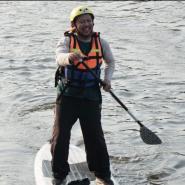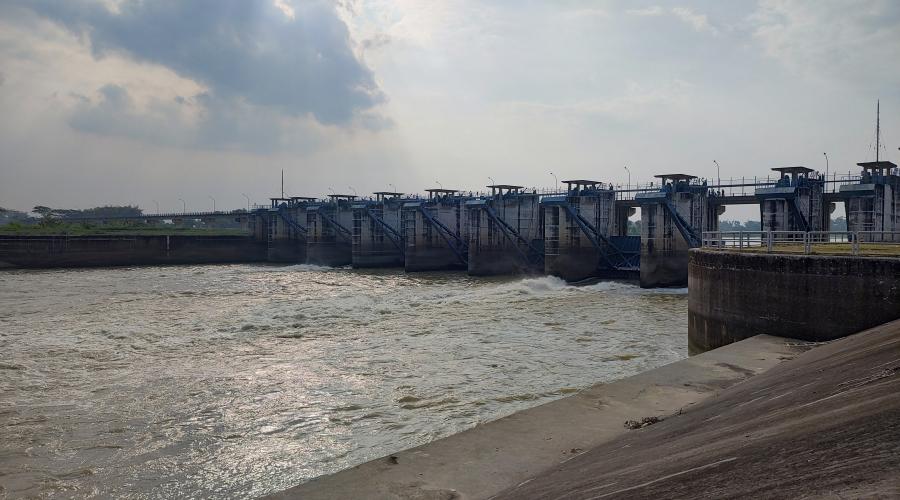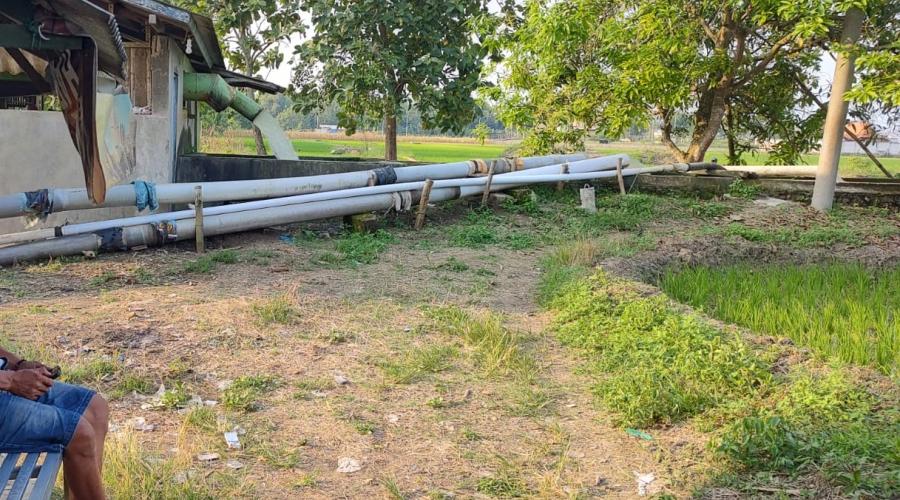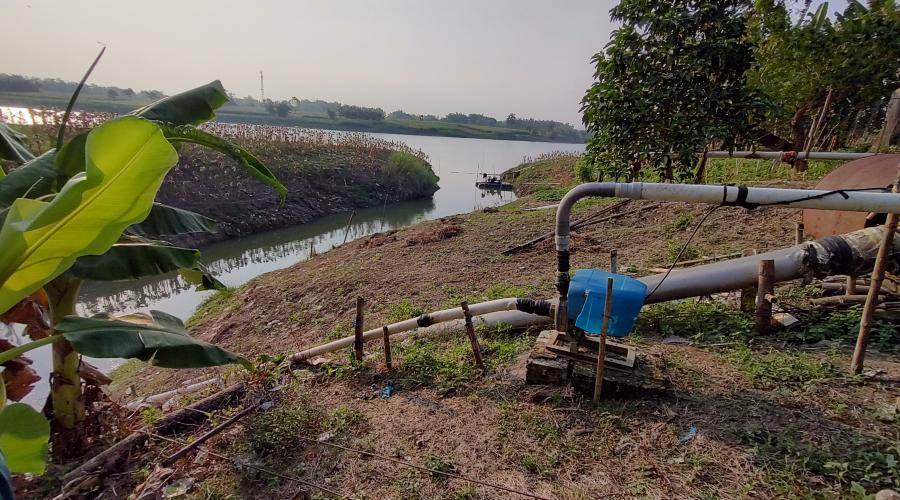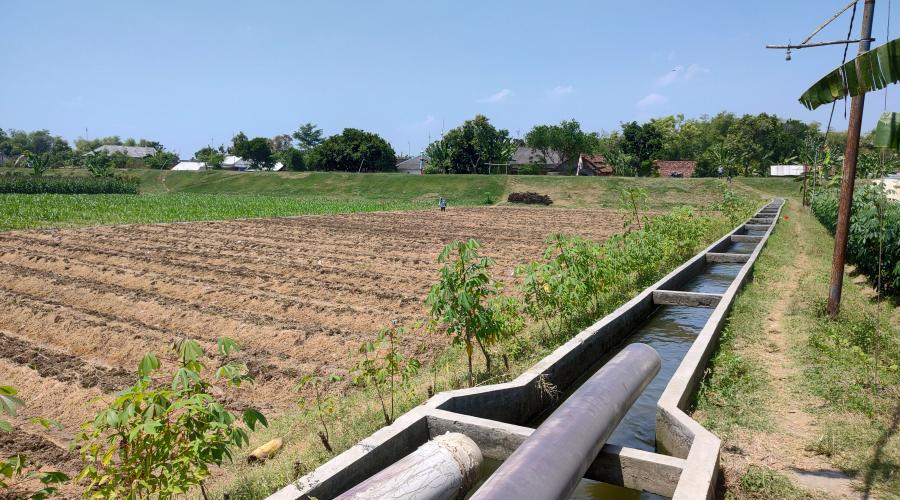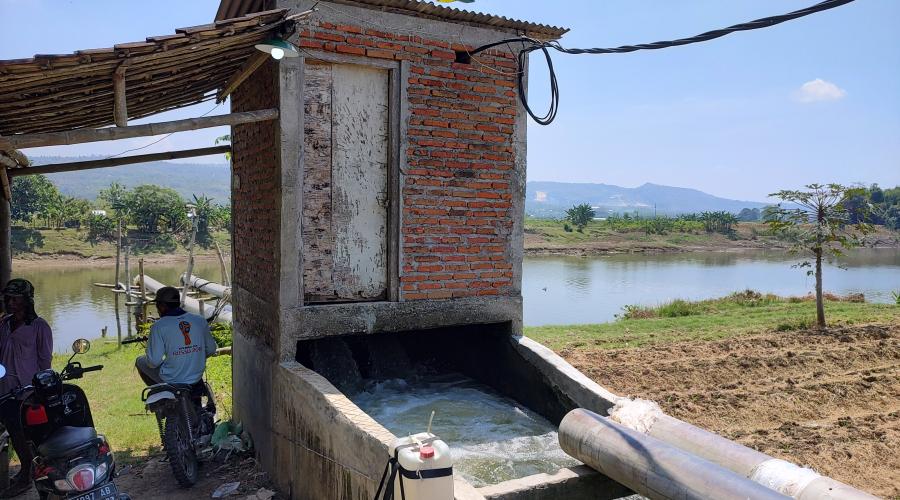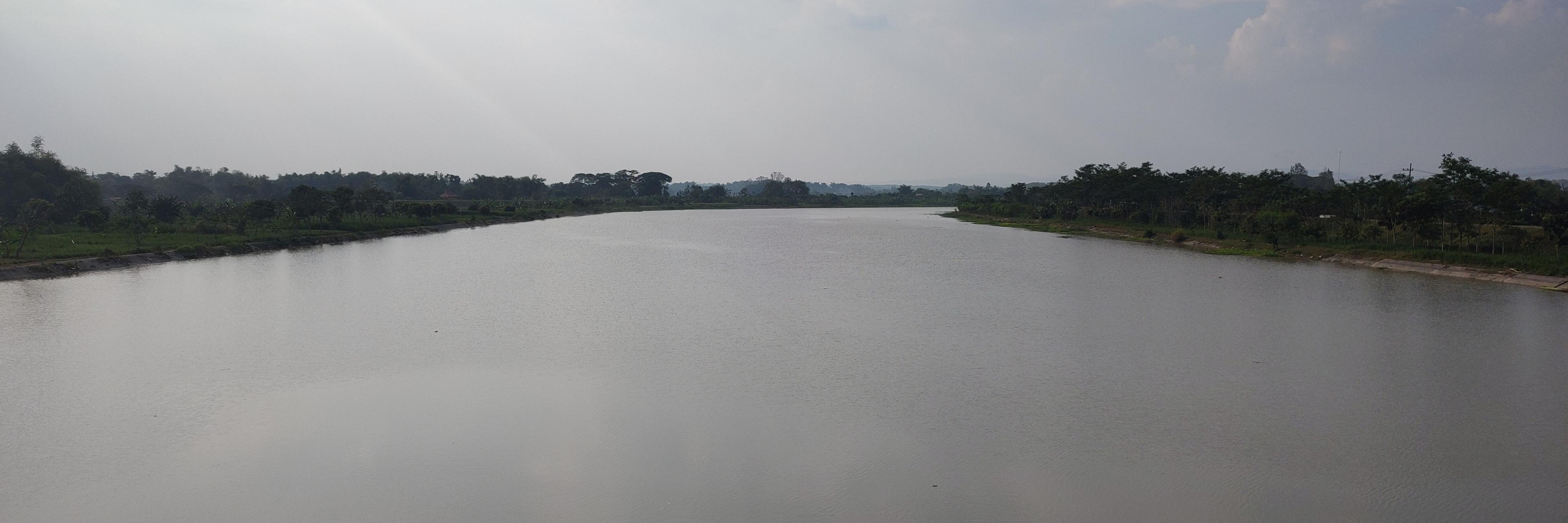
Who Owns The River? Competing for the Water Access in Contemporary Java, Indonesia
Through the Bojonegoro case, we can see how power inequality determines river water access.
Rationale
A global corporation in the oil industry and farmers in villages depend on the river for their livelihood. The corporation needs a massive river water supply to extract crude oil from the underground. It is now the biggest oil industry in Indonesia, with the highest amount of oil lifting per year compared with other oil fields in the Indonesian archipelago. The amount of lifted oil is equal to the amount of injected water. Meanwhile, farmers rely on the river for their agricultural activities and household lives. Unfortunately, it is a zero-sum game. Farmers in the villages feel that the water of the Bengawan river has decreased in the last five or seven years, in line with the decreasing harvest outcome.
Strategy
This project wants to connect villages along the Bengawan Solo river in Bojonegoro and beyond. So far, the Bengawan Solo River intervention programs have been more top-down, based on short-term projects, and elitist without involving many grassroots communities who live on river banks. There needs to be more initiative to connect villages on the banks of the Bengawan Solo river from upstream to downstream. Therefore, with various partners, we are forming an alliance which is based on a multi-site village network along the river.
Methods
The work method focuses on intensive engagement with all of the 'river stakeholders' but more on the ordinary villagers who live along the river banks. It is essential to consider their perspective because previously, it was only a side narrative of the whole story about the success of Bojonegoro and the oil industry.

